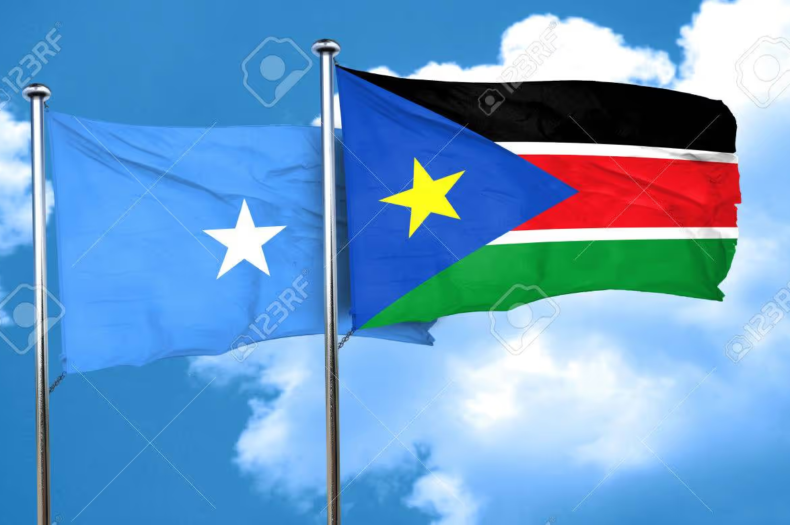South Sudan has been ranked as one of the most corrupt countries in the world in the 2025 Corruption Perceptions Index (CPI) released by the Transparency International.
The 2025 Corruption Perceptions Index, released on Tuesday, ranked South Sudan and Somalia as the most corrupt countries in the world, with both scoring only 9 out of 100.
The global average score stands at 42 out of 100, its lowest level in more than a decade, pointing to a concerning downward trend that will need to be monitored over time.
Countries with the lowest scores overwhelmingly have severely repressed civil societies and high levels of instability. While South Sudan and Somalia stood at position nine, Venezuela recording an index of 10.
In the report, Syria scored 12 while countries such as Yemen, Libya, Eritrea, Equatorial Guinea, Nicaragua and North Korea scored 13.
However, the report noted that the global average remains stagnant at 43, with over two-thirds of countries scoring below 50, indicating serious, entrenched corruption challenges.
The lowest-scoring countries are often characterized by weak institutions, political instability and restricted civic space.
Denmark at 89, Finland (88) and Singapore (84) were ranked as the least corrupt nations.
“Corruption is not inevitable. Our research and experience as a global movement fighting corruption show there is a clear blueprint for how to hold power to account for the common good, from democratic processes and independent oversight to a free and open civil society,” said François Valérian, Chair of Transparency International.
“At a time when we’re seeing a dangerous disregard for international norms from some states, we’re calling on governments and leaders to act with integrity and live up to their responsibilities to provide a better future for people around the world,” he added.
Transparency International (TI) is a global civil society organization founded in 1993 and based in Berlin, Germany. It is mandated to fighting corruption, promoting transparency, accountability, and integrity. It operates as a non-profit, non-governmental organization (NGO) with over 100 national chapters worldwide. By James Chatim, The City Review






